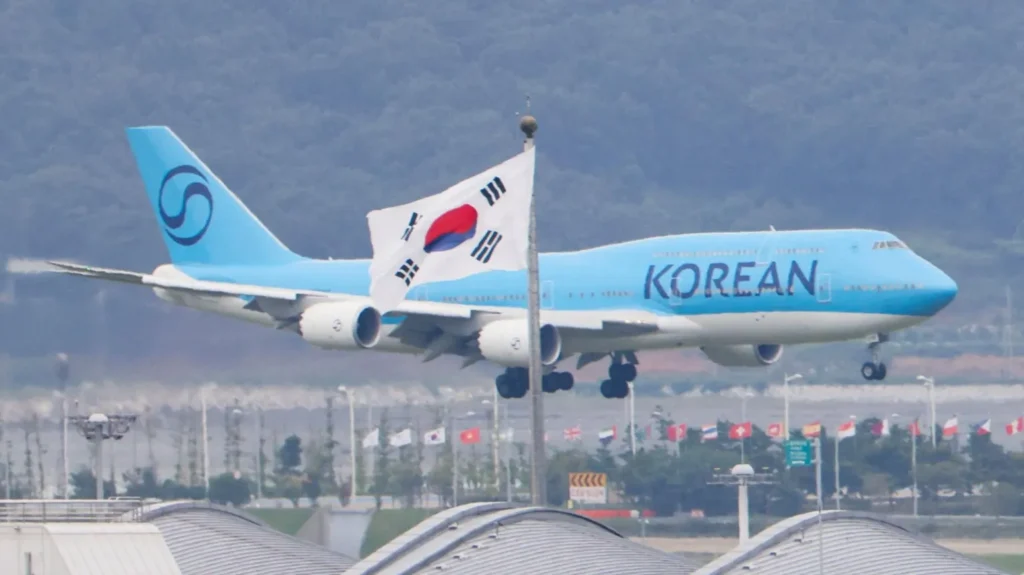More than 300 South Korean nationals detained during a sweeping immigration raid at a Hyundai battery plant in Georgia have arrived back home, capping a week of diplomatic negotiations and public outcry.

The workers, along with 14 non-Koreans also caught in the raid, landed at Incheon International Airport on Friday aboard a chartered Korean Air flight from Atlanta.
Their return follows a delay reportedly ordered by the White House, which sought to determine whether any of the detainees wished to remain in the U.S. to continue working and training American staff. One South Korean national has opted to stay and pursue permanent residency.
The raid, which saw 475 workers detained – most of them South Korean – has rattled relations between Washington and Seoul.
The detainees were reportedly handcuffed and shackled, prompting outrage in South Korea, where the incident is being described as a betrayal by a key ally.
President Lee Jae Myung condemned the operation, warning that it could discourage future investments in the U.S.
“The situation is extremely bewildering,” he said, adding that sending skilled workers abroad to help set up factories is standard practice for Korean firms.
“If that’s no longer allowed, establishing manufacturing facilities in the U.S. will only become more difficult.”
Hyundai’s CEO José Muñoz confirmed the raid would delay the factory’s opening by at least two to three months, citing the need to replace the detained workers.
LG Energy Solution, Hyundai’s partner in the project, said many of the arrested employees held various types of visas or were under visa waiver programs.
At Incheon Airport, the returning workers were met with tight security, a crowd of journalists, and a handful of protesters. One banner depicted President Donald Trump in immigration enforcement gear with the caption:
“We’re friends! Aren’t we?”
Another read: “Public outrage over detention of 300 Koreans, shackled up and treated like major criminals!”
South Korea’s foreign ministry has urged media outlets to respect the workers’ privacy and blur identifying images. It also called on the U.S. Congress to support a new visa category tailored for Korean firms investing in America.
Foreign Minister Cho Hyun met with U.S. senators this week to press for reforms and express Seoul’s concerns.
The White House defended the raid, with President Trump stating that foreign companies must prioritize hiring Americans. He added that the U.S. would facilitate legal pathways for foreign firms to bring in workers – provided they comply with immigration laws.
As trade talks between the two nations continue, South Korean media warn that the raid could have a “chilling effect” on bilateral business relations. Editorials have called for urgent cooperation to mend cracks in the alliance.
